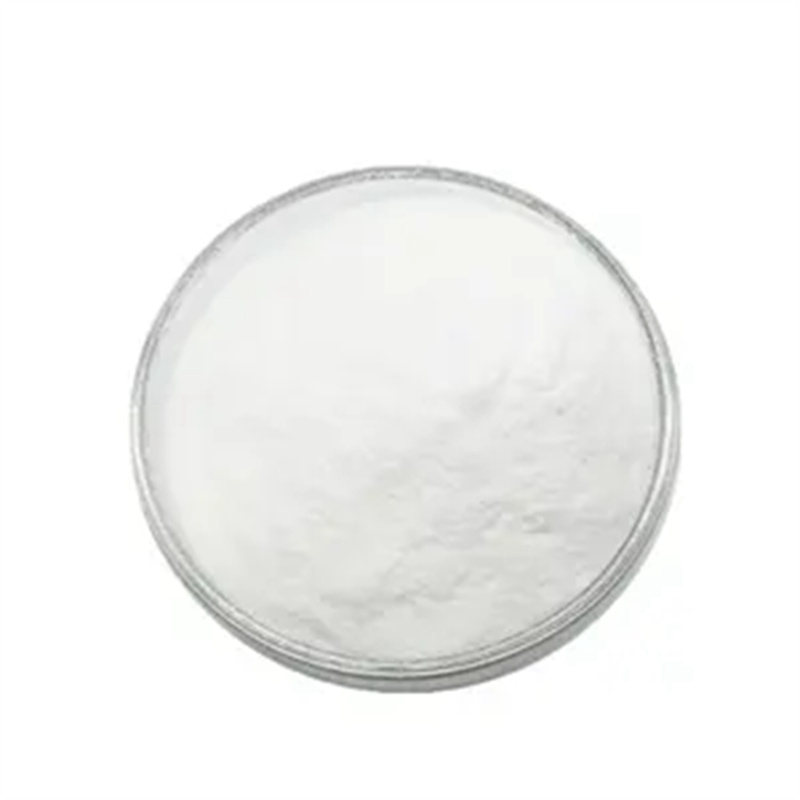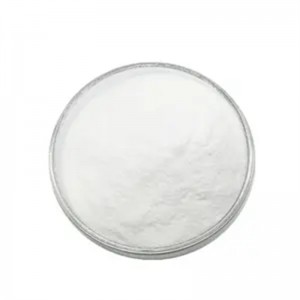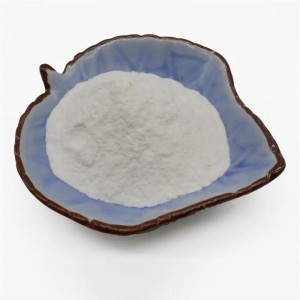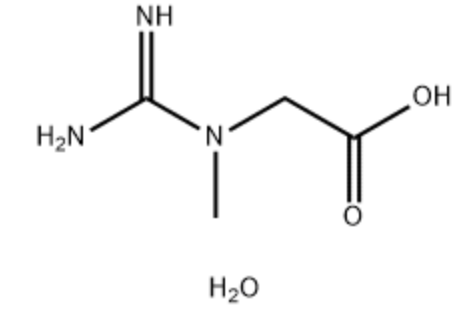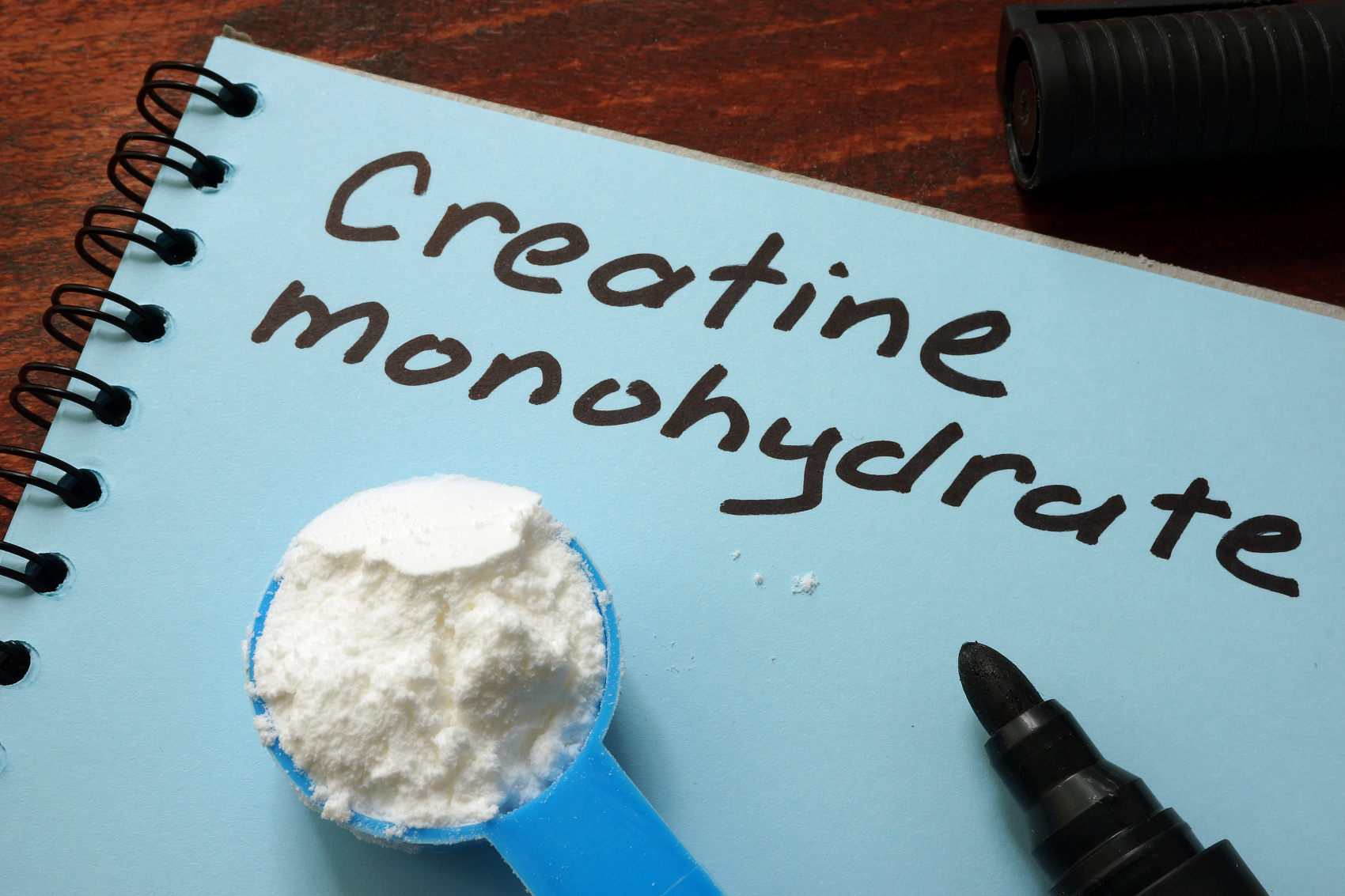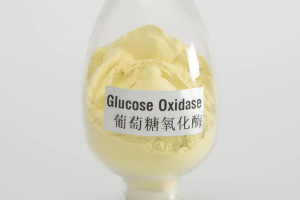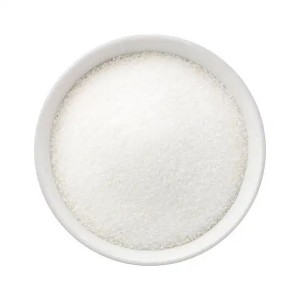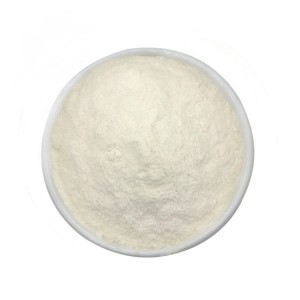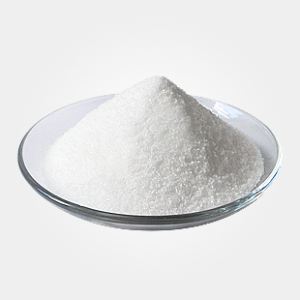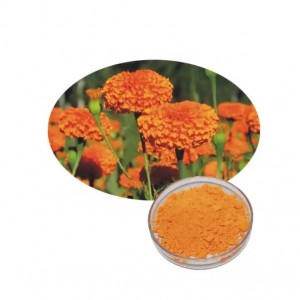| Basic Information | |
| Product name | Creatine monohydrate |
| Grade | Food grade |
| Appearance | White crystals or crystalline powder |
| Assay | 99% |
| Shelf life | 2 Years |
| Packing | 25kg/drum |
| Application | Providing Energy |
| Applicable people | Adult, Men, Women |
| HS Code | 2925290090 |
| CAS No. | 6020-87-7 |
| Condition | Kept in a light-proof, well-closed,dry and cool place |
Description of Creatine Monohydrate
Creatine is similar to protein in that it is a nitrogen-containing compound, but is not a true protein. In the nutritional biochemistry world, it is known as a "non-protein" nitrogen. It can be obtained in the food we eat (typically meat and fish) or formed endogenously (in the body) from the amino acids glycine, arginine, and methionine.
Application and benefits of Creatine Monohydrate
It can be used as food additive, cosmetic surfactant, feed additive, beverage additive, pharmaceutical raw material and health product additive. It can also be directly made into capsules and tablets for oral administration.
Used as a nutritional fortifier. Creatine monohydrate is known as one of the most popular and effective nutritional supplements. Its status is high enough to keep pace with protein products and ranks among the "best-selling supplements". It is rated as a "must use" product for bodybuilders. It is also widely used by athletes in other events, such as football and basketball players, who want to improve their energy level and strength. Creatine is not a prohibited drug. It naturally exists in many foods. Therefore, creatine is not banned in any sports organization.
Creatine monohydrate can improve muscle function in patients with mitochondrial diseases, but there are individual differences in the degree of improvement, which is related to the biochemical and genetic characteristics of muscle fibers in patients.

